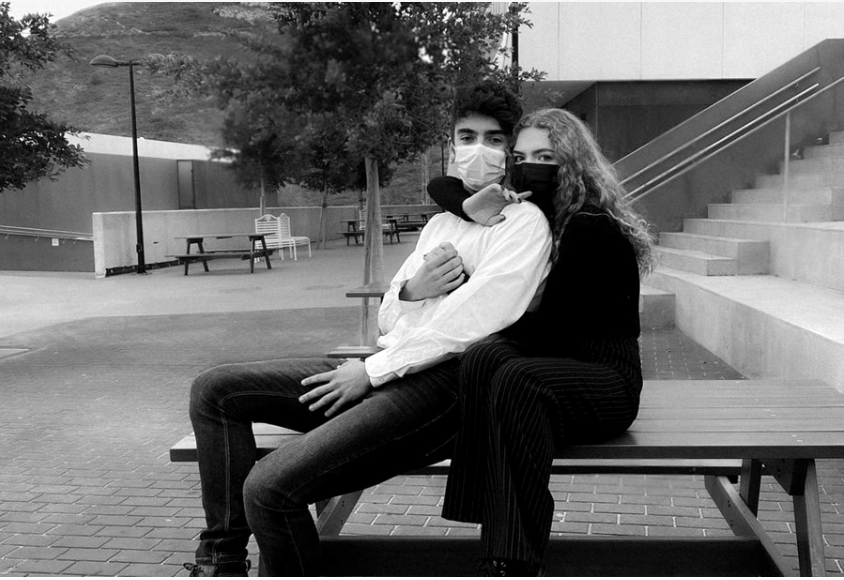Launching our R & D Think Tank Center
Introduction
Before the Internet became more common place in the 1990’s, sexual violence occurred, and recovery from it was studied and applied. Today in 2021, on-screen sexual violence is easily accessible. People involved in filming this content are suffering, and people viewing it are negatively impacted by it.
There is a growing body of research on compulsivity or addiction to sex and pornography. Spouses affected by an addicted partner display symptoms similar to PTSD. Those involved in prostitution have common family of origin profiles, shared factors of entry, and face a recovery journey that is often lifelong.
There is a need to better understand this process of recovery and best practices to attain stabilisation.
This is why we created an R & D think tank devoted to the study of recovery from addiction and trauma. It is well known that PTSD and addiction co-occur. Therefore, we aim to develop evidence-based treatment programs that are accessible, effective, and where people are able to access them without barriers.
Based in Melbourne, Australia in the South Eastern region, we aim at bringing forward local and international researchers to reflect on best practices and methods for people to recover fully from the trauma of sexual abuse and violence.
We are kick-starting the launch of our Centre with an article on the Covid-19 impact, as it began emerging in early 2020 in Australia, and the world.
Read below this compelling journal article by F. Bartho on the Effect of the COVID-19 Pandemic on Prostituted Women in Victoria.
Writing and researching yourself? We are receiving expressions of interest for peer-reviewed articles on the Covid-19 impact. Begin with telling us more about yourself here.
Associate yourself even more closely with our Movement: apply to join our Board of Directors!
Deadline: Fri 17 Sept 2021 6pm. Email info [@]pinkcross.org.au
“Some people are considered more disposable than others” – The Effect of the COVID-19 Pandemic on Prostituted Women in Victoria, by Felicity Bartho (2021).
Summary:
The COVID-19 pandemic has disproportionately affected marginalised communities, including ‘sex workers’ who have experienced “hardship, a total loss of income and increased discrimination and harassment” (United Nations, 2020). In March 2020 the government-mandated lockdown and social-distancing laws in Victoria ordered the temporary closure of Melbourne brothels. Sadly, what could have been an opportunity for many women to transition out of the prostitution industry was largely unattainable due to lack of government support. The huge number of migrant prostituted women, not eligible for government stimulus packages and unable to find alternative work due to language barriers, visa issues and temporary closures of businesses, were forced to participate in less visible, more dangerous forms of sex work, such as ‘outcalls’ on private premises.
Our interviews with ‘sex workers’ revealed numerous women were violently sexually assaulted, forced to participate in sex without a condom and robbed during this time, but were too afraid to report these incidences to police for fear of punishment for breaking lockdown sanctions. Even following brothels reopening, each interviewed woman reports taking more risks, offering more services for free and tolerating coercion and abuse, due to financial worries and higher pressure from managers and brothel owners who are keen to recover lost income. Sadly, research consistently indicates that negative income shocks push ‘sex workers’ to take higher risks for less reward (Gong et al., 2019). One brothel owner interviewed discussed plans to recruit new younger girls to bring in more business following his brothel’s closure.
Our research indicates adoption of the ‘The Nordic Model’ is needed in Australia to prevent further violence, abuse and coercion against these and new women. Under The Nordic Model the act of buying sex or profiting from sexually exploiting others (i.e. owning a brothel) would be illegalised; putting the onus on the buyers and pimps rather than on prostituted women. The Nordic Model has proved highly effective in reducing human trafficking, prostitution markets and consequently, violence against women in countries that have implemented it. It is therefore crucial we ask why Australia, as a progressive First-World country, is still adhering to the archaic 1994 Sex Work Act, which perpetuates violence towards women (Sullivan, 2007). It’s remarkable, as one ‘sex worker’ pointed out, that we are still using “a system that is made by men for men” (Arnot, 2002, p65).


